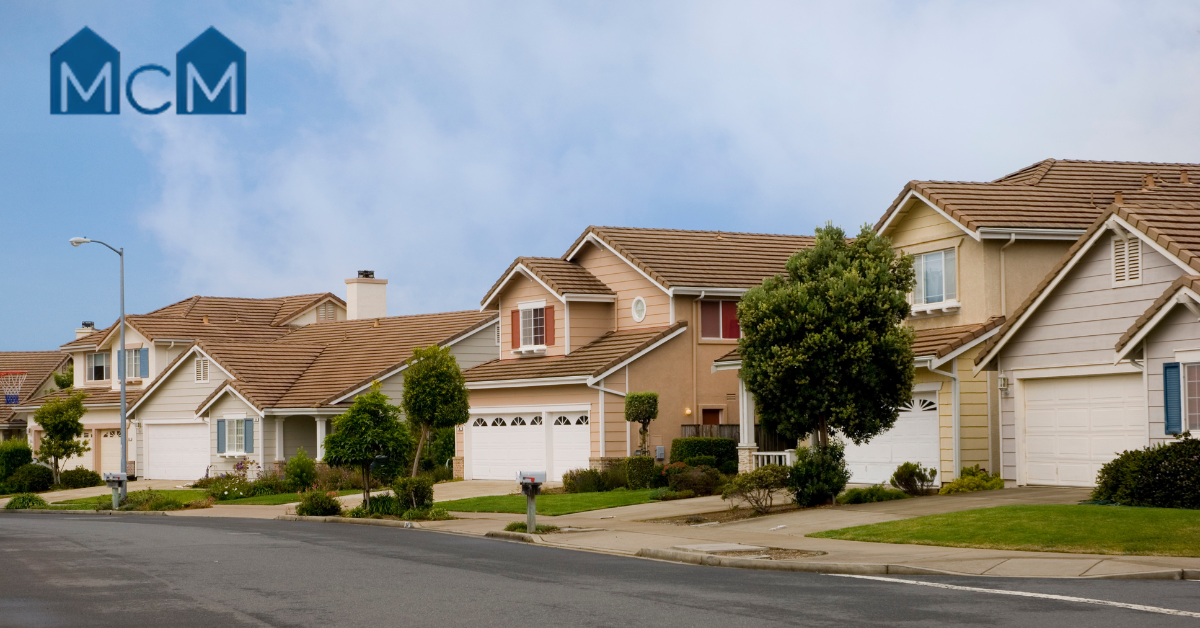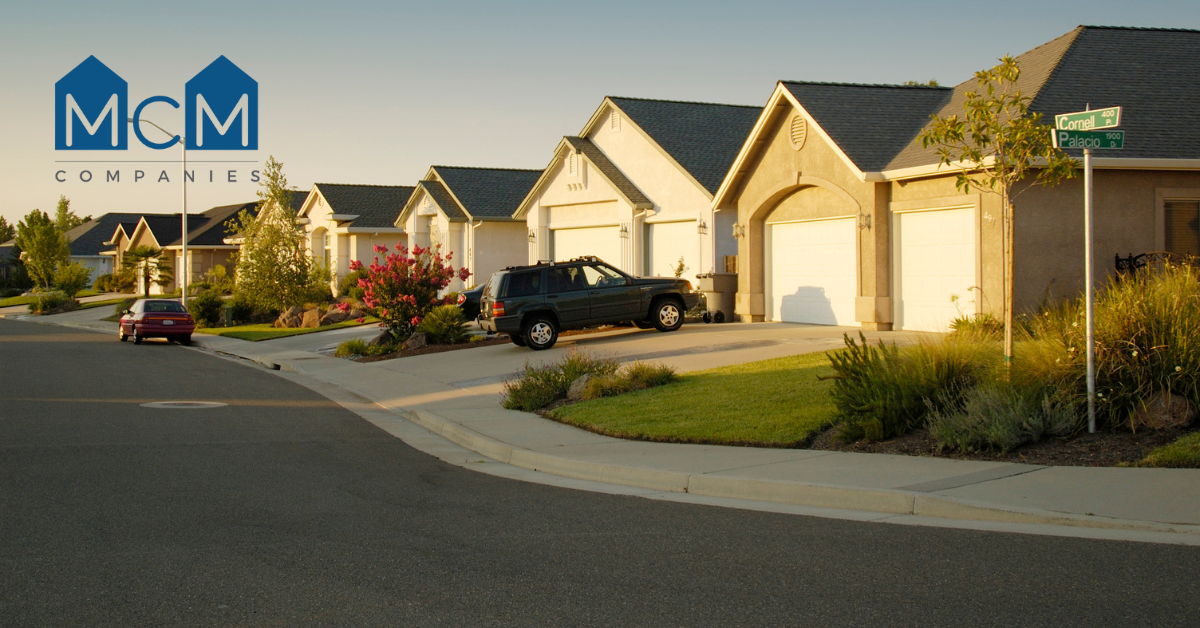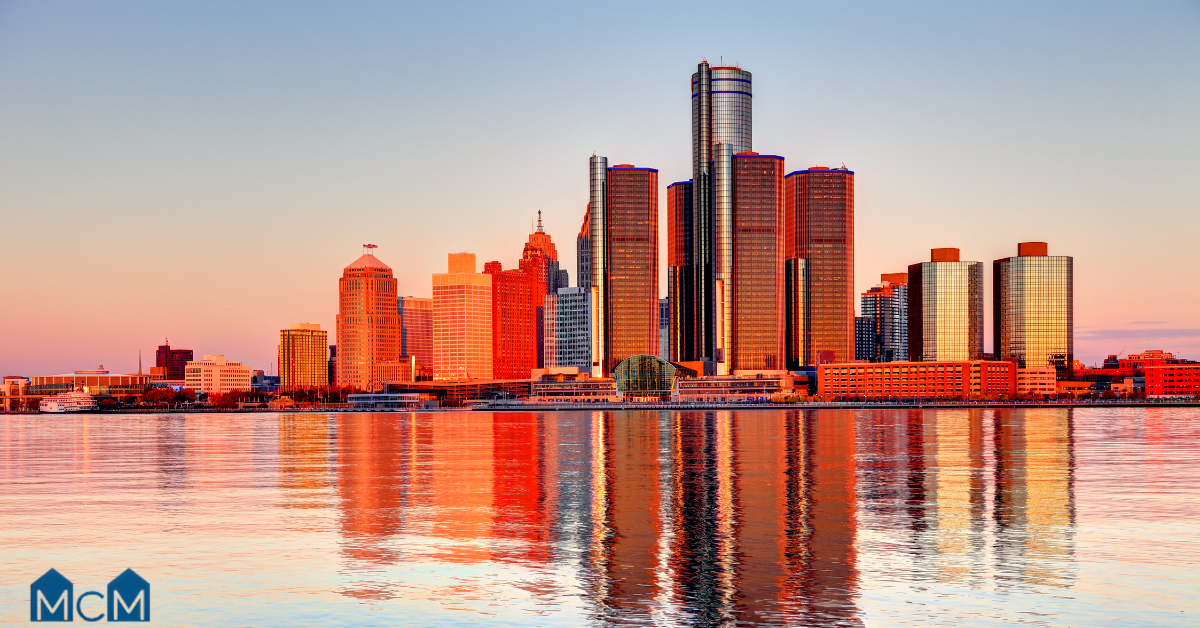Energy-Efficient Upgrades That Pay Off in Modular Homes


Why Energy Efficiency Matters in Modular Homes
Energy costs are a major factor for every Michigan homeowner, and modular homes are no exception. The good news is that modular construction already delivers strong efficiency compared to many older site-built homes, thanks to precise building methods and modern materials. Still, with a few targeted upgrades, you can take efficiency further by lowering monthly bills, increasing comfort, and even boosting your home’s long-term value.
The key is focusing on improvements that deliver the most significant return on investment. From insulation to smart systems, the upgrades below are practical, affordable, and proven to pay off.
Insulation Improvements for Walls, Floors, and Ceilings
Good insulation is one of the most cost-effective upgrades you can make to a modular home. Even though modular homes are well-sealed, Michigan’s winters and humid summers demand extra attention to keep indoor temperatures steady.
Upgrading with spray foam or rigid board insulation in crawlspaces, basements, or attic areas helps stop air leaks and improve year-round comfort. Floors also benefit from added insulation, reducing drafts and lowering heating costs. Over time, these improvements significantly lower utility bills while keeping your home consistently warm in winter and cool in summer.
Energy-Efficient Windows and Doors
Windows and doors are often where energy efficiency gains are most visible. Standard single-pane windows or hollow-core doors allow heat to escape, forcing your HVAC system to work harder. Replacing them with double-pane, low-E windows and insulated exterior doors drastically reduces drafts and improves indoor comfort.
For modular homes in Michigan, storm doors and windows can add an additional layer of protection, especially during extreme cold. Beyond energy savings, these upgrades also increase resale value and improve your home’s appearance, making them a smart investment.
Smart Heating and Cooling Systems
Heating and cooling are the biggest energy expenses in most homes, so upgrading here delivers immediate results. High-efficiency furnaces, air-source heat pumps, or ductless mini-split systems provide better performance while using less energy.
Pairing these systems with a programmable or smart thermostat allows you to fine-tune temperatures according to your schedule. Lowering the heat when you’re away and warming your home before you return not only saves money but also extends the lifespan of your HVAC system. For modular homeowners, this is one of the most effective ways to reduce utility costs without compromising comfort.
Sealing Air Leaks and Ductwork
Even small air leaks can undermine the efficiency of a modular home. Gaps around windows, doors, or in crawlspaces allow conditioned air to escape, while unsealed ductwork can waste heated or cooled air before it even reaches your rooms. Sealing these leaks with caulk, weatherstripping, or professional duct sealing keeps your HVAC system running at peak performance. The result is lower energy bills and a home that feels consistently comfortable.
Lighting and Appliance Upgrades
Replacing old incandescent bulbs with LED lighting is one of the fastest and most affordable ways to save energy. LEDs use up to 80% less electricity and last years longer, reducing both utility bills and replacement costs.
Appliances are another area where small changes add up. ENERGY STAR® rated refrigerators, dishwashers, and laundry machines are designed to use less water and electricity without compromising performance. Over time, the efficiency savings often outweigh the initial investment.
Water-Saving Fixtures and Systems
Water efficiency is closely tied to energy efficiency, since heating water is a major household expense. Installing low-flow showerheads, faucets, and dual-flush toilets reduces water usage while cutting the energy needed to heat it. These upgrades are simple, affordable, and can be done in a single afternoon. For modular homeowners, they’re an easy way to make a measurable difference in monthly utility costs.
Renewable Energy Options for Modular Homes
For those ready to take energy efficiency to the next level, renewable energy can be a powerful option. Solar panels are increasingly popular in Michigan, where state incentives and net metering programs make them more accessible.
When paired with energy storage systems, solar can provide reliable power while reducing dependence on the grid. Though the upfront cost is higher, the long-term payoff comes in the form of lower bills and added property value.
Incentives, Rebates, and Financing Options
The return on energy-efficient upgrades becomes even better when you factor in rebates and tax credits. Michigan utilities often provide incentives for installing efficient appliances, HVAC systems, or insulation. At the federal level, homeowners can take advantage of tax credits for energy-efficient improvements and renewable energy systems. These programs shorten the payback period and make upgrades more affordable.
How MCM Communities Helps Residents With Energy-Efficient Living
At MCM Communities, affordable living goes hand in hand with energy efficiency. Our modular homes are designed with high-quality materials and modern construction methods, which set the stage for lower energy use from the outset. Beyond that, we support residents with guidance on renovations, upgrades, and financing options to make efficiency improvements more easily achievable.
By investing in energy-efficient living, you’re saving money while creating a healthier, more sustainable home for the future.
Smart Upgrades That Pay Off
Energy-efficient upgrades are more than nice-to-have features. They’re smart investments that provide comfort, savings, and long-term value for modular homeowners in Michigan. From insulation and windows to appliances and renewable energy, each step you take contributes to lower utility bills and a more enjoyable living space.
Ready to explore modular homes designed with efficiency and value in mind? Contact MCM Communities today to learn more about our homes and communities across Michigan, and discover how we can help you create a comfortable, cost-saving future.
.svg)





